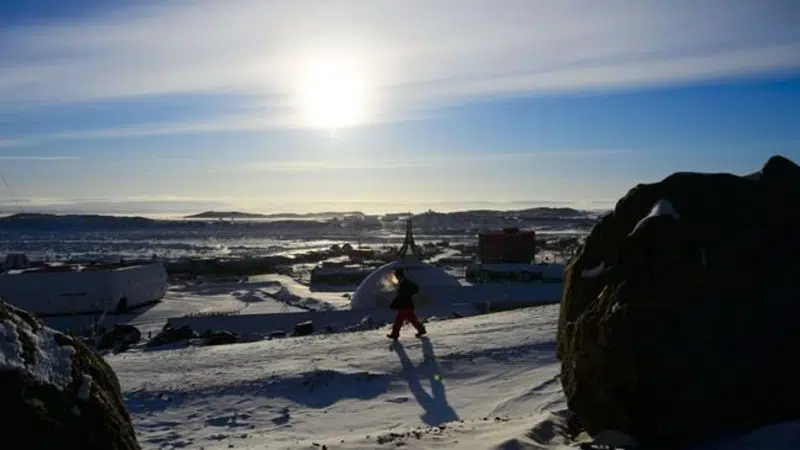
Education of Nunavut high school students, adult learners found wanting: auditor
IQALUIT, Nunavut — Nunavut is failing to prepare its high school and mature students for further education or for the working world, says a highly critical report from the federal auditor general.
“We found that Nunavut’s education system had a number of gaps and barriers that made it difficult for high school students and adult learners to succeed,” says the report.
Nunavut has some of Canada’s highest absenteeism and school dropout rates. It’s seen as one of the major barriers to employment in the territory and why the Nunavut civil service remains well below its target for Inuit employment.


